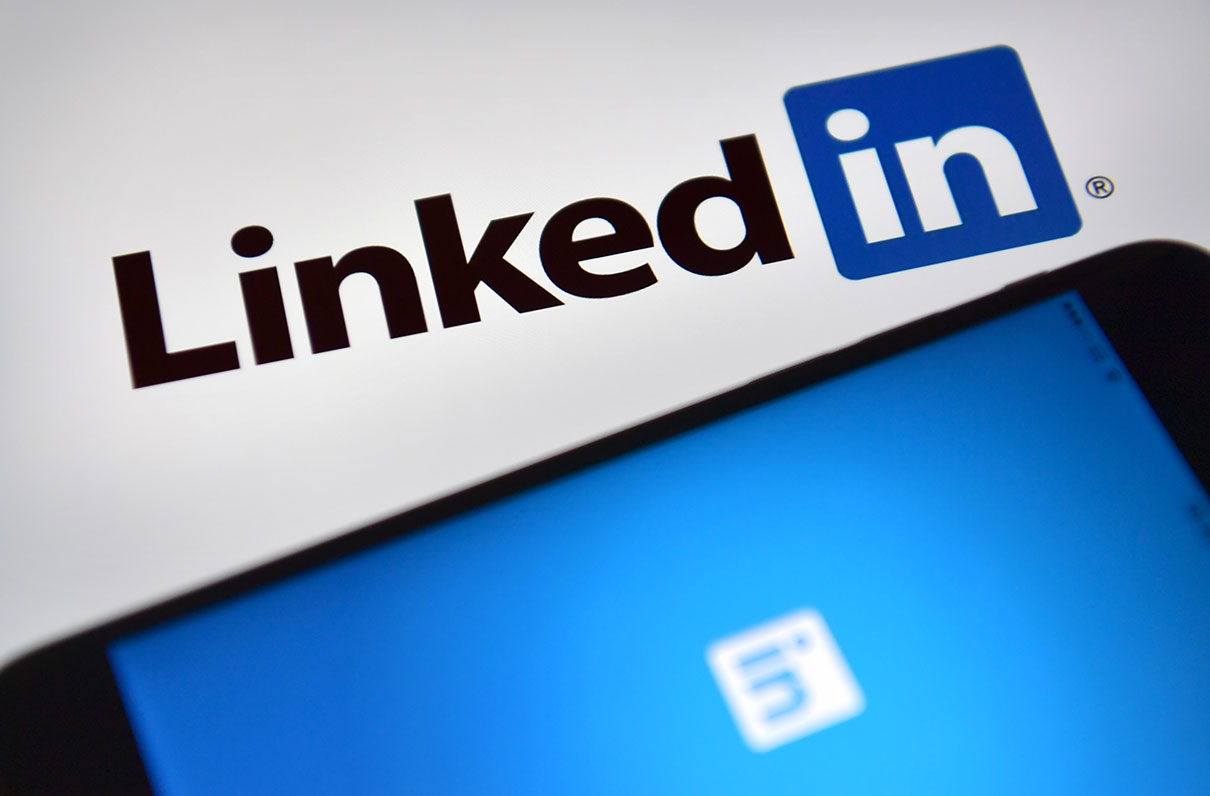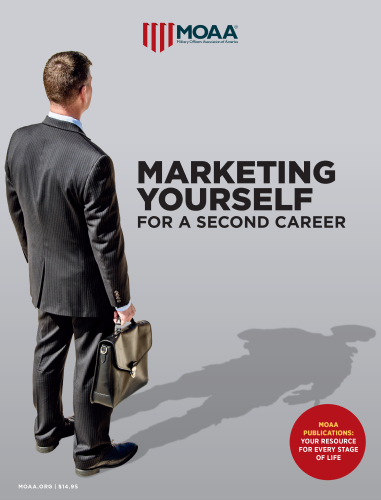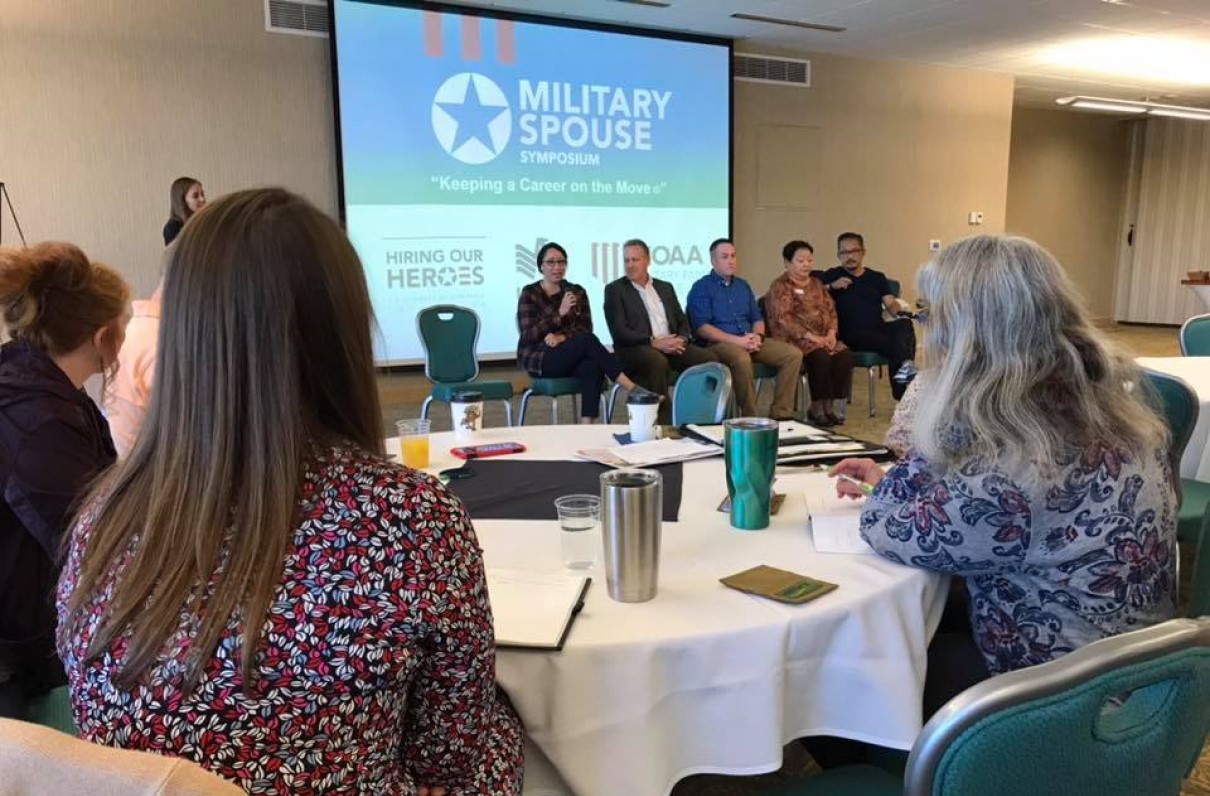By MOAA Staff
LinkedIn is the world’s largest professional network, with over 930 million users in more than 200 countries and territories worldwide. Most of us by now understand the power of the platform. However, there’s a difference between simply having a profile and passively accepting requests.
Upcoming MOAA Transition and Career Events
- Feb. 26: MOAA’s Virtual Career Fair and Hiring Event
- Feb. 28: MOAA’s Executive Career Transition Accelerator Seminar
- Tuesdays in March: MOAA Event Series: Dare to Dream
To truly harness the power of LinkedIn, users need to find a middle ground: Enhance your brand and compel human resource specialists, talent acquisition professionals and employers to contact you; but don’t open yourself up to connections that could end up damaging what you’re trying to build. MOAA’s staff experts offer these tips to consider:
1. Represent your brand. Your LinkedIn profile is neither your biography nor your résumé. Make yourself exciting. Design your profile so that it represents what you want people to associate with your name. Use your headline and your summary statement to highlight your strengths, skills and results.2. Above the fold. Don’t include photos in uniform. Set up a headshot in business dress and then smile! Customize your Public Profile URL, then add your URL to your résumé, cards, and email signature block. And please do not copy and paste your résumé with all of your personal information such as mailing address, phone number, and email contact information.
[Join MOAA's LinkedIn Career Networking Group]
3. Embrace the power to connect. Use this to your advantage by researching jobs, people, and companies.
4. Take the initiative. Reach out to others. When doing so, personalize the request to provide a framework for the person on the other end, especially if you don’t know the person directly.
5. Join groups. Look for groups that are relevant and active, especially those that demonstrate you as a thought leader in the industries and sectors for which you have career aspirations.
6. Keep your profile safe. Only accept connection requests from individuals who write a personalized note as to how they know or were referred to you, and why they would like to make the connection. Review their profile for a photo (Does it track with profile verbiage?), completeness (Have they created a full profile?), validity (Who are their other connections?), and appropriateness (Can they offer a mutually beneficial relationship?).
Let MOAA Help You Connect
Connect with MOAA’s Linkedin Career Networking Group and engage with 46,000-plus industry professionals and career-focused participants. We’ll discuss exciting career and employment opportunities, and share transition best practices and lessons learned.
Note for MOAA Premium and Life members: You and your spouse are eligible for LinkedIn profile development assistance. MOAA provides its members and their spouses with a wealth of military-focused information, services, and resources for career transition. Whether you are transitioning to a civilian career from the military or moving from one career field to another, we are here to help. Schedule your LinkedIn profile review, and learn more about our member benefits, by visiting MOAA’s Transition and Career Center today.
MOAA staffers Col. Brian D. Anderson, USAF (Ret), and Lt. Col. Ginni Guiton, USA (Ret), contributed to this article, which was originally published in 2019 and has been updated.
Download Marketing Yourself for a Second Career
Newly updated! Learn what you can do to prepare yourself for a successful transition from military career to civilian career. This handbook shows you how to create an attention-getting resume, cover letter, and more. Get tips on self-marketing, job search, interviews, and interviewing. (Available to Premium and Life members)



